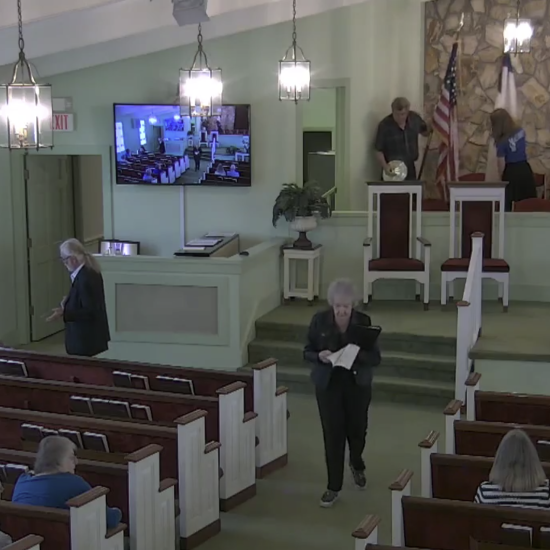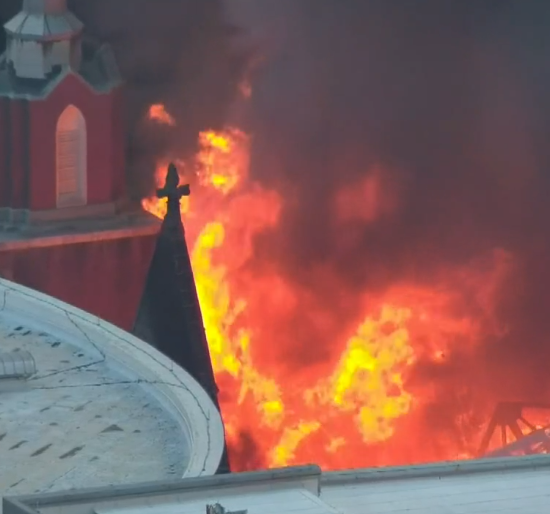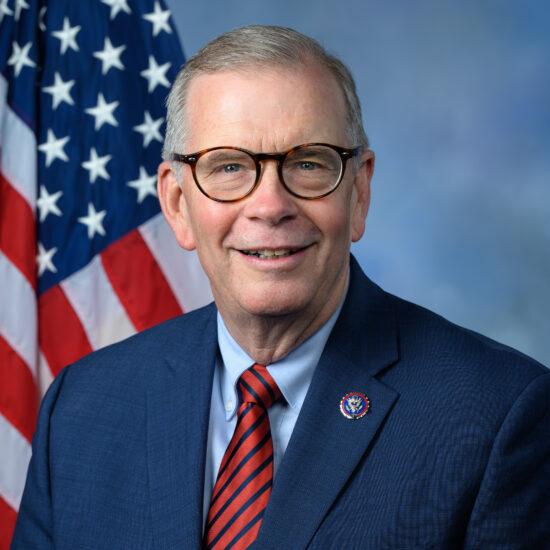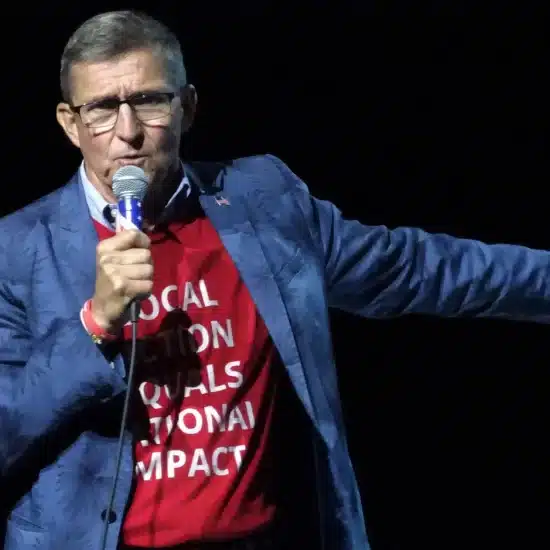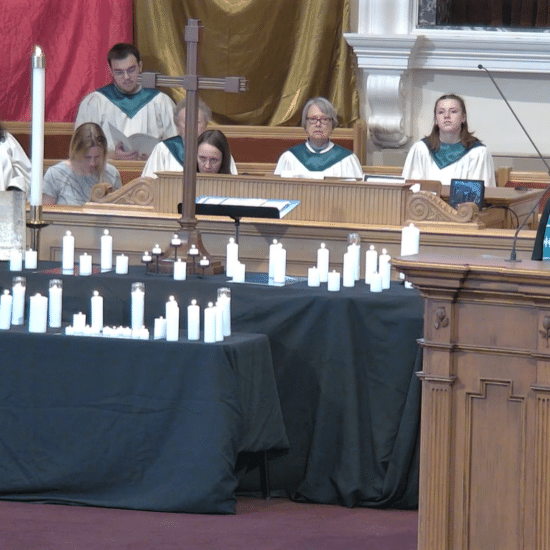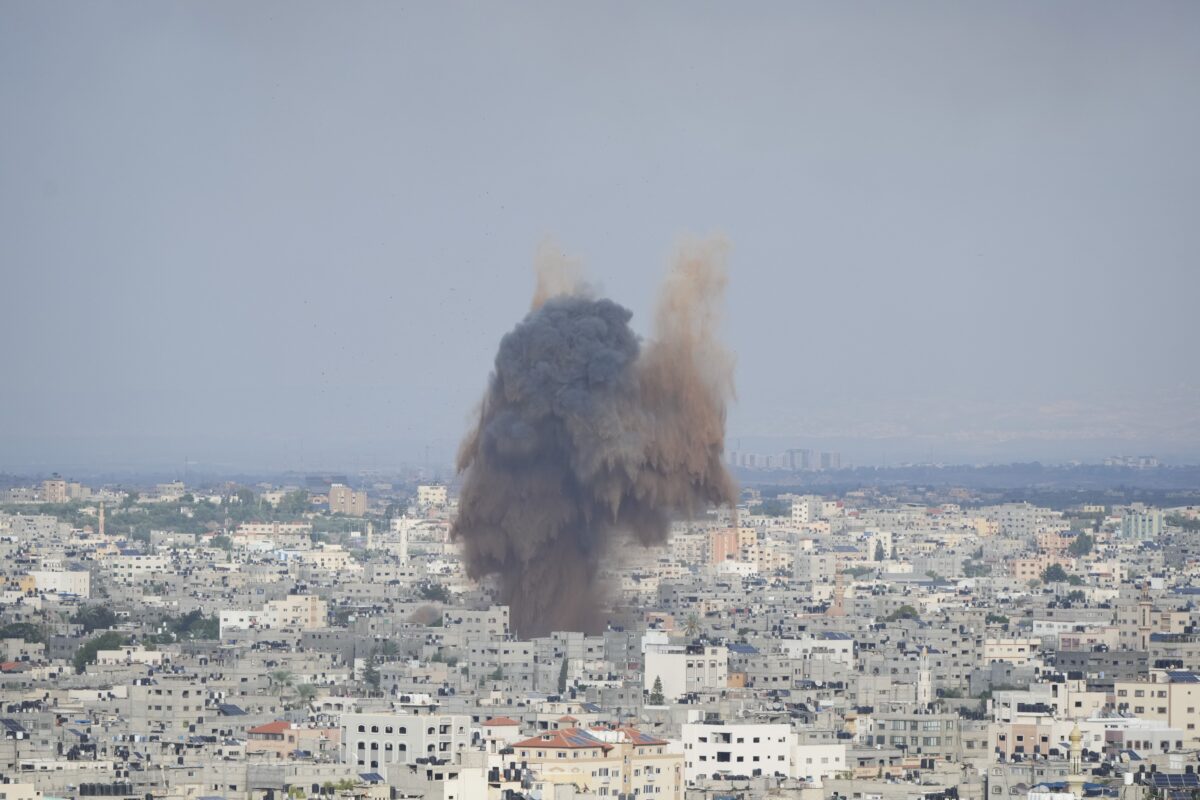
After the Palestinian terrorist group Hamas launched a large, surprise attack on Israel on Saturday (Oct. 7), a Baptist who ministers in the Gaza Strip urged prayers amid the “unprecedented” conflict. More than 1,000 Israelis and Palestinians have been killed in just two days of fighting.
“When I woke up this morning, I couldn’t fathom what was happening,” said Rev. Hanna Massad in a statement on Saturday. “This is unprecedented, unlike anything I’ve ever experienced in my entire life. The situation remains unclear, and events have yet to fully unfold. Borders are closed, and people are living in fear.”
Massad, who grew up in Gaza, is the former pastor of Gaza Baptist Church, the only Protestant congregation (and one of only three Christian churches) in the 141-square-mile territory of Gaza that is home to about 2 million people. Massad now leads Christian Mission to Gaza and makes regular trips back to the area to encourage the congregation and provide humanitarian relief. He is currently in Jordan after having been in Gaza just two weeks ago.
“I ask for your prayers for God’s mercy to envelop the entire region, and I hope for intervention and peace from the international community,” Massad added. “People on both sides are suffering greatly.”
He joined members of the church on Zoom for a prayer gathering on Sunday.
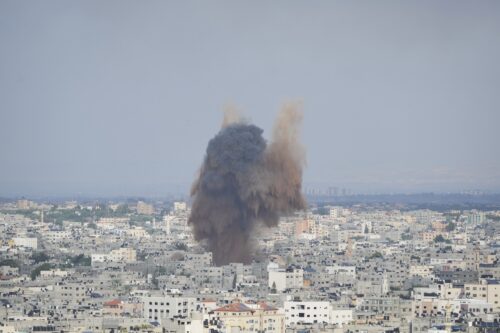
Smoke rises from an explosion caused by an Israeli airstrike in the Gaza Strip on Oct. 7, 2023. (Hatem Moussa/Associated Press)
The attack by Hamas led to the deadliest single day in Israel’s 75 years as a nation. The Israeli government quickly mounted a counteroffensive, and on Sunday formally declared war for the first time in 50 years. One general said, “Hamas opened the gates of hell on the Gaza Strip.” Prime Minister Benjamin Netanyahu promised to “forcefully avenge this dark day.” He added, “I say to the residents of Gaza: Leave now because we will operate forcefully everywhere.” He didn’t explain how they were supposed to flee since the Palestinian territory has been occupied by Israel since 1967 and few Gazans have permits to leave the area that’s been under a blockade by Israel and Egypt since 2007.
Largely cut off from the outside world for 16 years, unemployment in Gaza was already at nearly 50% with more than 65% of the population living below the poverty level. Stuck in this dire situation — and also facing religious persecution — the small Christian community in Gaza includes Gaza Baptist Church, which was started in 1954 by Southern Baptist missionaries. The only other two Christian churches in Gaza are a Greek Orthodox congregation and a Catholic congregation. In all, the Christian population is only about 0.2% of the population, while about 99% of Gazans are Muslims.
Massad, who grew up in Gaza, converted to the Baptist faith from his family’s Greek Orthodox tradition. In 1987, he became the first local to pastor the Gaza Baptist Church, which had previously been led by visiting pastors from Egypt or Lebanon who usually only served for a few years. He stayed for 30 years — except for an absence for seminary education in the U.S. — but left after violence in 2007 that included attacks on the church’s building and the kidnapping, beating, and murder of a youth worker at the church who also managed Gaza’s only Christian bookstore. Massad recounted his life and ministry in Gaza in his 2018 book Pastor from Gaza.
Gaza Baptist Church has been damaged several times in conflicts in the area, including in 2009 when an Israeli bomb targeting a police station across the street shattered windows of the church building. The church also suffered minor damage during a round of violence between Israel and Gaza in 2021. As Massad told Word&Way at that time, he did not foresee “an end to the bloodshed and suffering that plagues this region” happening unless people actually seek a solution that’s fair for everyone.
“Violence comes in various shapes and forms, but the result is almost always the same: more people killed, more families grieving for loved ones, more bloodshed, and more homelessness,” he added. “Seek a long-term solution that both Palestinian and Israeli Jews can live with. This solution needs to be sought without losing your commitment to love or justice.”

